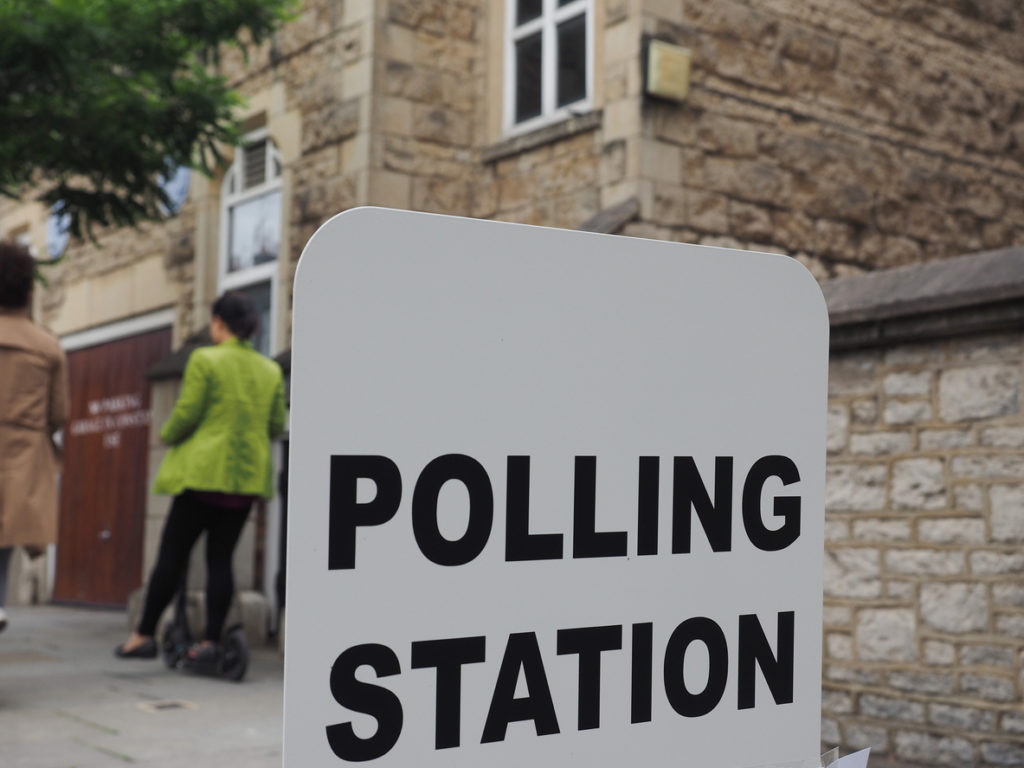For too long, democracy in England has been taken for granted.
While Northern Ireland, Scotland, Wales have seen powers devolved away from Westminster and brought closer to the communities they serve, England has seen little change to its constitutional and democratic structures.
Devolution, that is the transfer of decision-making powers, has often been an afterthought in England – too regularly framed as an issue affecting other parts of the UK.
Where devolution is discussed, it is too often driven by a need for efficiency and value for money – top-down reforms that put economic factors in the driving seat and give little consideration to where power lies and where decisions are best made.


These issues were vividly illustrated during the covid-19 pandemic, where the ability of communities in England to respond to the pandemic was hindered by Westminster’s ‘command and control’ approach.
The image of metro mayor Andy Burnham suddenly discovering, during a press conference outside Manchester town hall, that Greater Manchester was being placed into a higher tier of covid restrictions in October 2020 perfectly demonstrated the current state of devolution in England – local leaders enjoy prominence and visibility, but in reality, almost all crucial decisions continue to be made in Westminster.
Despite the vital role played by English local authorities during the pandemic, they continue to have very little say over policymaking and limited powers to effect change at the local level.
The crisis has shown that the current settlement, and the lack of local control over local decisions in England, is no longer fit for purpose.
Amongst those on the front line in local government, there is growing support for moving the balance of power away from Westminster and to communities across the country. Indeed, a survey of local authority representatives by the ERS found that over two-thirds (68%) feel they do not have sufficient powers to represent the needs of their local community and 70% called for decisions to be made in partnership between the national and local government.
Today, the ERS release our new report – Democracy Made in England – calling for a new approach to local government that would allow areas to have genuine devolution, ending the democratic deficit that has plagued England for so long.
England remains one of the most centralised nations in Europe and only through a new relationship between the local and the national can we begin to address this historic imbalance – moving power, as well as economic resources, closer to the communities in which they are needed.
In the report, we set out proposals for how real devolution in England can be achieved – outlining the principles and values that should underpin a new devolution settlement which puts citizens, not Westminster, at the heart of decision making on how communities are governed.
New principles for devolution should respect and enhance the democratic importance of local government, replacing the economic and technocratic rationales that have guided devolution approaches so far. Subsidiarity, democratic legitimacy and equality between different layers of government should be at the heart of any approach to devolution.
The democratic importance of local government should be reflected in the values underpinning devolution – that of an empowered local government, the value of place and people’s affinity with their local area, and the engagement of citizens to ensure that any proposals for reform are built up from the local level and have the necessary support and legitimacy to make them work.
But as well as radically overhauling our approach to devolution, we also need to shift the balance of power between the local and the national, and radically reform democracy in England.
Government should establish a clear framework for devolving power to local authorities – one that makes devolution the default position and is centred on a presumption in favour of democracy and local self-determination.
We too must tackle the warping effect of First Past the Post on our local elections. England, outside London, continues to be the only part of the UK which does not use a fair voting system for any of its elections – an undemocratic anomaly in the 21st century. Proportional representation for local elections, as used in Scotland, would help reinvigorate democracy at the local level, ending the proliferation of one-party states and single-party domination of council chambers, and opening up councils to a diversity of voices.
And those voices must have a place in Westminster too – local areas should be represented in the national arena and empowered to coordinate and work together with one another. An elected second chamber which allows for the fair and equal representation of the UK’s nations, regions and localities could play a crucial role in improving the central-local relations.
Something must be done to address the lack of democracy across England. With this call, we are showing not only why but how devolution within England should be comprehensively reformed.
With the recent release of the Levelling Up White Paper, attention is now being paid to the situation in England that has left so many communities feeling left behind. The task now must be to ensure that democracy, representation, and place are at the heart of its implementation.
England needs to rediscover genuine local self-government – we need political leadership and commitment to deliver true democracy for England.












